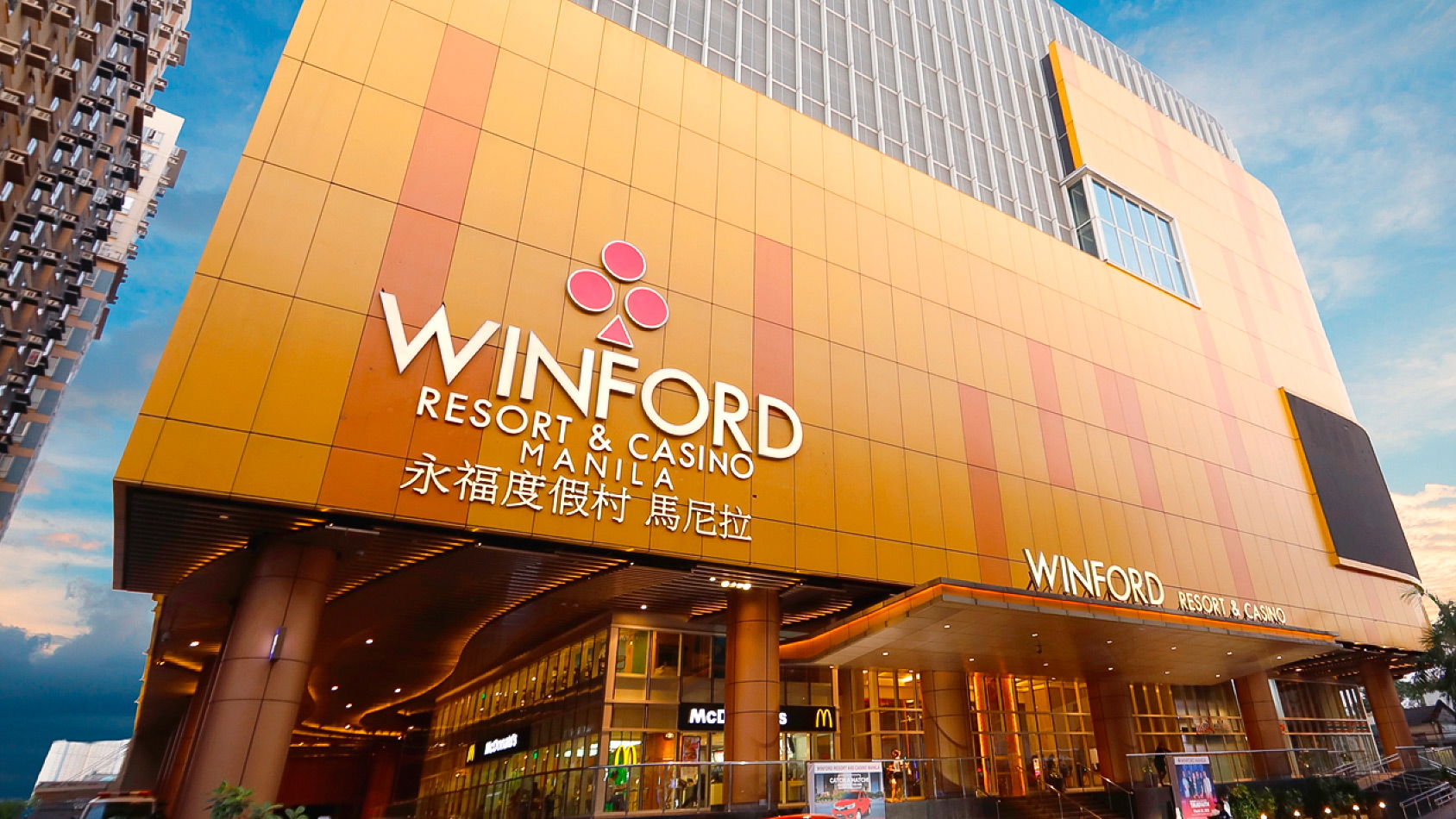Philippines' POGO ban could help bid to exit money laundering grey list, say experts

As the Philippines intensifies its efforts to remove itself from the Financial Action Task Force (FATF) grey list, a roster of jurisdictions at heightened risk for money laundering, the recently announced ban on Philippine Offshore Gaming Operators (POGOs) could help the Asian nation achieve this mission.
President Ferdinand Marcos Jr. mandated last month a total ban on POGOs by the end of the year, targeting an industry that has been frequently linked to financial crimes and other illicit activities.
Since June 2021, the Philippines has been included on the FATF grey list, a designation that can significantly harm a country's reputation, deter foreign investment including global banks, and complicate access to credit. FATF, an international watchdog, updates the grey and blacklist three times annually.
The FATF set 18 action items for the Philippines to address before it can be delisted. Outgoing FATF President T Raja Kumar noted that “the Philippines has actually taken action on 15 of the 18 action items that it needed to act on” during a June press conference. Nevertheless, the country remains listed pending further improvements.
“The Philippines should quickly address the remaining three action items,” Kumar emphasized, highlighting the need to demonstrate effective use of anti-money laundering and counter-financing of terrorism (AML/CFT) controls, particularly in casino junkets.
President Marcos, in his State of the Nation address on July 22, criticized the POGO industry for its involvement in financial scams and money laundering, along with other severe crimes like "prostitution, human trafficking, kidnapping, torture, and even murder."
Eli M Remolona Jr, Governor of Bangko Sentral ng Pilipinas, the central monetary authority, welcomed the ban. Remolona, who assumed office in July 2023, has been an advocate for measures to enhance the country’s financial stability. He told BusinessWorld that banning POGOs could reduce money laundering activities, thus aiding the country’s bid to exit the grey list.
Chester B Cabalza, President of the International Development and Security Corp of Manila, supported the ban, noting it would pave the way for more legitimate investments. “The Philippines may be relieved [of] the grey-list tag,” he wrote, suggesting this could attract “more legal and moral entertainment investments for the inclusive growth of the country.”
Research consultant Bienvenido S Oplas Jr added that the ban might drive increased traffic to land-based casinos in Manila and other areas. “When POGOs are banned, then gamblers from China will be forced to travel to the Philippines and do their gambling in big casinos,” he explained.
Political scientist Alex Magno previously pointed out the country's struggles to exit the grey list, attributing it to a lack of political will. “We have been trying to graduate from the grey list, to little avail,” he wrote. “We continue to wallow in financial purgatory. Even as a great toll is taken on our economic progress, our legislators continue to drag their feet on reforms.”
Other countries currently on the grey list include Bulgaria, Burkina Faso, Cameroon, Croatia, the Democratic Republic of Congo, Haiti, Kenya, Mali, Monaco, Mozambique, Namibia, Nigeria, Senegal, South Africa, South Sudan, Syria, Tanzania, Venezuela, Vietnam, and Yemen. The blacklist comprises the People’s Republic of Korea, Iran, and Myanmar.


















































